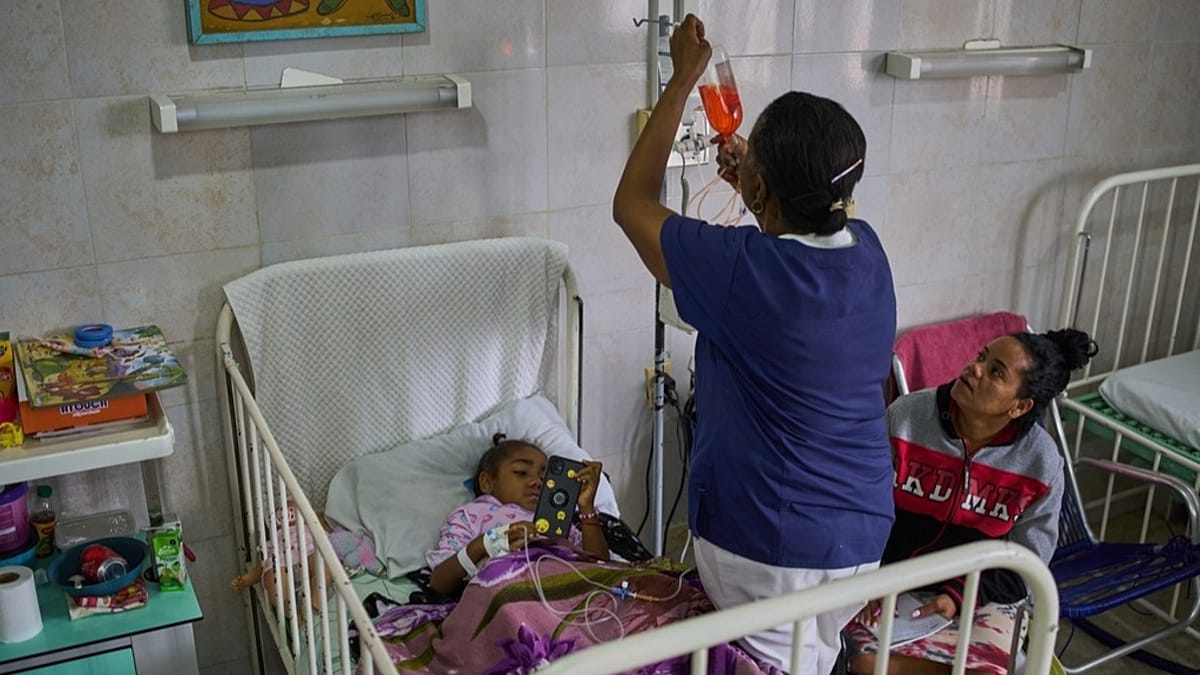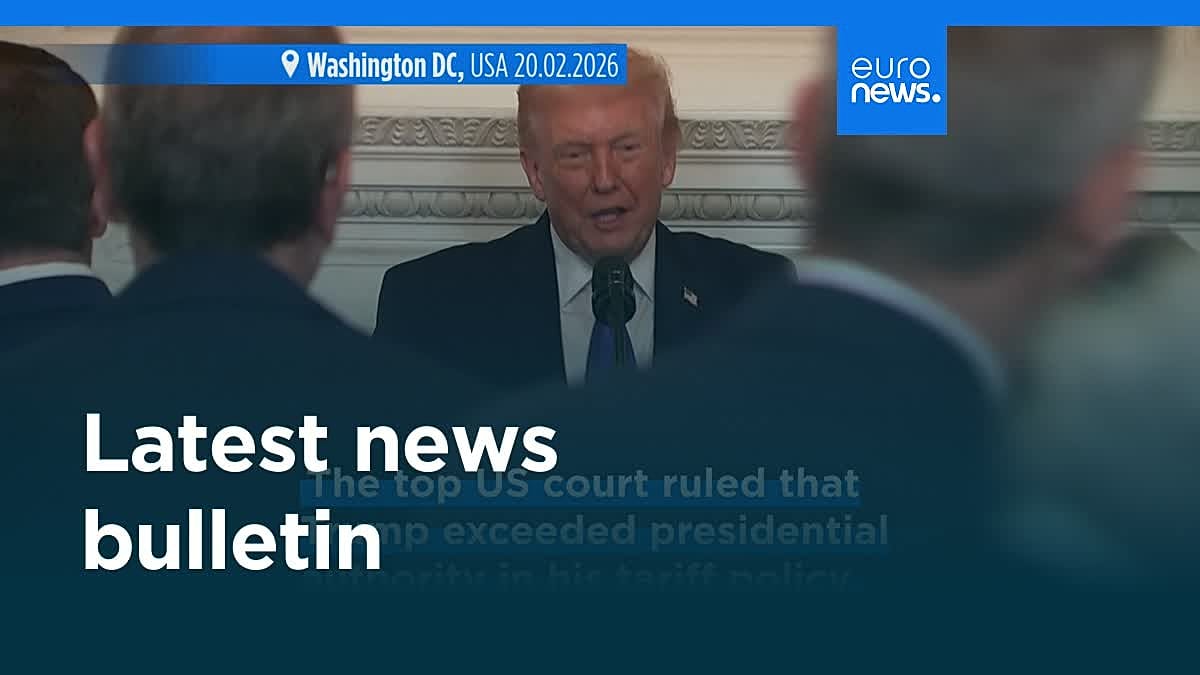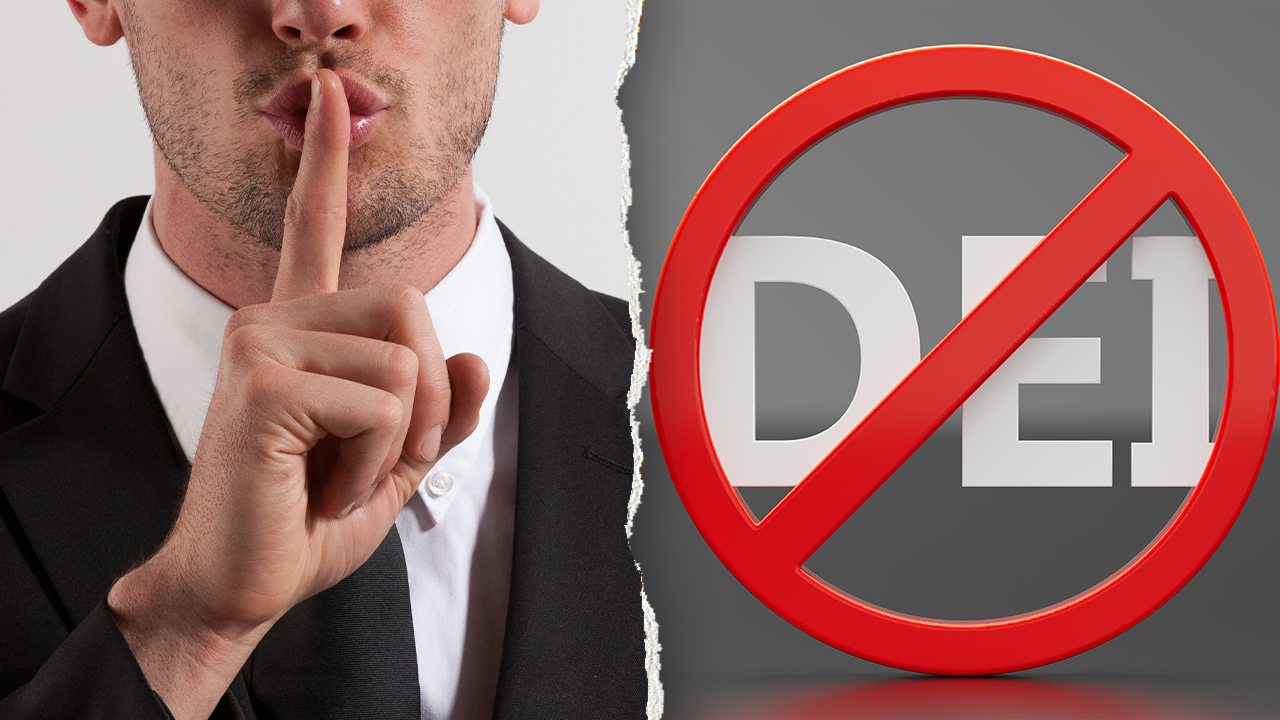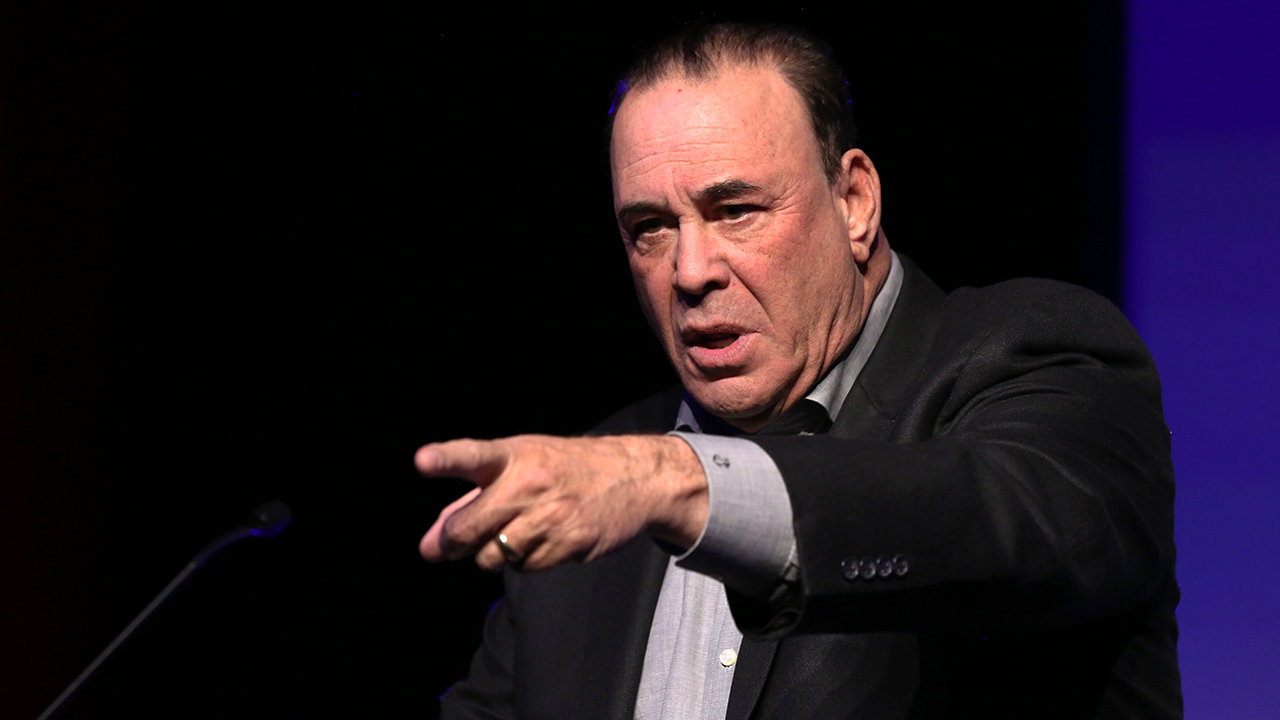Tinder to require facial recognition scan for new U.S. users


Tinder announced today that identity verification with facial recognition will now be required for all new users in the U.S. in the coming months.
A facial scan is already required for new Tinder users in California as of July this year. New users in Colombia, Canada, Australia, India, and several countries across Southeast Asia must also complete one according to the dating app's press release. Match Group, Tinder's parent company and dating app conglomerate, confirmed to Mashable that this requirement is rolling out to the rest of the U.S.
To complete the verification, called Face Check, users must take a video of themselves within the app. This is to ensure the person is real and their face matches their profile photos. It also scans whether the same face is used in multiple profiles. If verified, users receive a Photo Verified badge.
Video selfies are apparently deleted shortly after review, while one's face map and vector are encrypted and stored to verify new photos and detect fraud or multiple accounts.
Tinder has apparently seen an over 60 percent decrease in exposure to potential bad actors, including spam, scam, and fake accounts. (This figure is based on a random weighted sample of in-app profile views.) Early use of Face Check has also led to a more than 40 percent decrease in reports of bad actors.
Face Check is the next evolution of verification methods Tinder has introduced over the years, including photo verification in 2021, video verification in 2023, and ID checks last year.
Safety has been an ongoing, multi-pronged issue on dating apps. Earlier this year, an investigation into Match Group reported that it didn't take measures to properly ban harmful users nor alert law enforcement.
In September, two U.S. senators penned a letter to Tinder and Match Group's CEO, Spencer Rascoff, to urge him to take action against romance scammers on the apps.
Rascoff stated in the press release that Face Check reflects the company's "deepening commitment to responsible innovation that builds trust and supports a healthy, growing community."
"It's just the beginning of a broader effort to make Tinder the best and safest way to meet new people," Rascoff continued.
The widespread adoption of Face Check also comes months after the UK passed its age-verification law, compelling dating apps to install age checks. Age-verification laws are also sweeping the U.S., in an apparent effort to keep minors off of explicit sites. But experts predict they could fundamentally change our online lives beyond adult content. As evidenced by platforms like Spotify and YouTube, we may be required to submit more of our personal data to verify our age and use these services, despite them being "safe for work."
Match Group plans to roll this out to new Tinder users globally (where legally permitted), as well as to additional apps in 2026.













































